Losing two semi-finals and one final is an outcome no one wants, but it is these failures that have helped Luka Modric become more beautiful in the eyes of football lovers around the world.
Modric failed once again in the final for Croatia. Photo: talkSPORT
The real "battler" of football.
In the week when people talk about coach Ange Postacoglou, an Australian coach who will move to Tottenham this season, we will talk about a concept that Australians, especially Australians in the early 20th century, love very much, even becoming an inseparable cultural feature of the "Kangaroo country", which is the story of the "battler", or the true "warriors" of the inland grasslands, called "outback" in Australian English.
Australian “Battlers” are not the mighty warriors with shining swords and Roman or medieval armor that we often see in movies, nor are Australian “Battlers” the Wild West cowboys who “draw their guns faster than their shadows” like Lucky Luke in the comic book series of the same name by artist René Goscinny.
No, “battler” was just ordinary people like us. Ordinary people had to leave their families behind to go deeper into the cities to make a living during the period when young Australia was still facing many difficulties due to economic problems or the somewhat harsh rule of the British colonial government.
Australians love such “battler”, especially the losing battler, who tried his best for his noble cause, who tried to escape “evil”, escape the law and then ended up with a heroic death. The two most typical examples of such “battler” throughout Australian history are Ned Kelly, the leader of the famous Ned Kelly gang whose ploughshare armour is still on display in the State Library of Victoria, and the guy in Waltzing Matilda - Australia's unofficial national anthem alongside “Advance Australian Fair” and “God Save The King”.
The ploughshare armour of Ned Kelly, the most iconic “battler” in Australian folklore. Source: Flickr.
On Monday morning, Spain won the UEFA Euro Nations League after defeating Croatia on penalties throughout 120 minutes. Of course, people will talk a lot about this title of "La Roja", because this is the first national team title that this team has won after 11 years of waiting since the Euro 2012 title in Ukraine. Although they did not win as easily as the golden generation of "La Roja" of Iniesta, Xavi, Jordi Alba, Iker Casillas... did in Ukraine, this is still considered an important victory for Spain, even considered a premise for a return of the country that once "dominated" the world football village.
However, on that happy day of “La Roja”, people could not help but feel sad for a person, or rather a generation of beautiful but very sad players, a generation that reached two finals and four semi-finals at the national team level, a generation that contributed many talented players to Europe, a generation that gave birth to the rumor: “With them in the squad, victory is certain”. Yes, that is the golden generation of Croatian football, the runner-up of this year’s UEFA Nations League.
With a population of 164,362 people, of which 43,302 were born in the mother country, the Croatian people can also be considered a part of the historical flow of the "Kangaroo country". Perhaps that is why Croatian players also have many similarities with the real "battler" of Australia: ordinary people, even those who were not born and raised in Croatia but in foreign countries due to the influence of the "Yugoslav Civil War" more than 30 years ago, such as Ivan Rakitic, Josip Stanišić, Mario Pašalić - people who went on the field and fought with all their might to fight against the harsh fate of a team born from the harshness of the times like Croatia.
As a special team born in special circumstances, Croatia has special people like Ivan Rakitic, a person who was not born in Croatia but decided to stick with the shirt of the team of his "fatherland". Source: Goal.
Among the people of that “born from harshness” collective, perhaps Luka Modric is the most perfect representative. He was born from adversity, born in the bombs of war, and experienced a not-so-peaceful childhood. Even when he grew up and became a player, fate continued to tease this talented midfielder. He had a stable career at Tottenham, but never won even a single title with the white team in London, a team that can also be considered a collective of “battler” like the team of his hometown.
When he moved to Real Madrid, he was once again “played” by fate, this time standing on the line between a traitor to the nation and a traitor to his “benefactor”. Specifically, he had to choose between remaining silent about the wrongdoings of President Zdravko Mamic, the cause of the “rebellion” of Croatian fans at Euro 2016, or speaking out to denounce the actions of the scandalous former president who had also helped him a lot in the past. In the end, as we know, he decided to choose the “traitor” of the nation over his benefactor.
Luka Modric's life is like that, he has it all, he has won big and small titles with Real Madrid over the years, he has played with the world's top players, but what is all that if he cannot do what everyone dreams of, which is to bring glory to his hometown team? Angel Di Maria, his former teammate at Real Madrid, did it at the 2022 World Cup, but to do that, Di Maria had to do something that those who used to wear Real Madrid's shirt did not want to do, which was to defeat the number one assister of the Santiago Bernabeu in the semi-finals.
A beautiful image of the 2022 World Cup: Di Maria comforts his former teammate on Argentina's happy day. Source: The Mirror.
The current generation of Spanish players has won their first title at the national team level, a great "hinge" for the new conquest of the "conquistadors" of the "Gen Z" generation, represented by Pedri, Gavi, Rodri, Fran Garcia. But among them, especially the players who grew up and trained in the Real Madrid shirt like Fran Garcia, surely, there will be a bit of sadness knowing that, to win the first title for Spanish football after 11 long years of waiting, they, like Di Maria, had to defeat one of the greatest players of contemporary football, a warrior, or rather a "collection of warriors" who, every time they put on their cloth "warrior uniform", will fight to the last breath for the checkered shield printed on their chest.
To conclude the story of these “battler” in checkered shirts, we will read again the lines of Ivan Rakitic, who 5 years ago published an article titled: “The Best Shirts In The World” for the Player“s Tribune, a “confession” page of professional sports athletes. In it, Rakitic confided about his decision to join the Croatian national team, a decision that he said “was not to fight against Switzerland, but for Croatia”.
"Even when I sat across from Slaven and listened to what he had to say, I knew that I couldn't make a decision right away. Switzerland has given me so much, so I had to think about it for a long time. My season with Basel had just ended, I had just returned home a few days before moving to Germany to play for Schalke 04. Deciding which team to play for had been a heavy burden on my shoulders for a long time. I needed to decide before I left for Germany. I wanted to start with a clear mind and not be distracted by anything.
Sitting in my room, I still feel stuck. I keep pacing back and forth in my room, thinking about the people who brought me to this day.
Then, I looked into my heart, looked at what it was "telling" me.
I picked up the receiver and started dialing.
The first call was to the Swiss coach. I have been part of the Swiss team my whole career, so calling him was the right thing to do. I wanted to explain why I was playing for Croatia. I told him it was not a decision against Switzerland, it was a decision for Croatia. Then I called Slaven.
"I will play for you. I will be a part of this team."
Slaven told me: "Croatians will definitely be proud to have you here. Don't think about anything else, just enjoy football."
Ivan Rakitic next to his father, Luka Rakitic. Source: Vecernji.hr.
I didn't call anyone for long, but I could hear my dad outside the door, hear his every step.
As I opened the door, my dad stopped and looked at me. I hadn't told him about my decision yet, but he told me that no matter which team I chose, he would support me. This was a really important moment for both of us.
However, I decided to "tease" my dad.
"I'm going to play for Switzerland next," I told my dad.
“Oh, really?” Dad hesitated. “Okay.”
“No, no,” I said, laughing. “I’m playing for Croatia, Dad.”
Tears began to fall from his eyes, my father began to cry.
I think about my dad, I think about that moment a lot every time I step onto the pitch in a Croatia shirt. I know he would love to be in my place, to feel the position I am in. I know a lot of Croatians would love to be like me, to wear the coat of arms of their fatherland and defend its honor... there are really no words to describe that feeling."
KDNX
Source


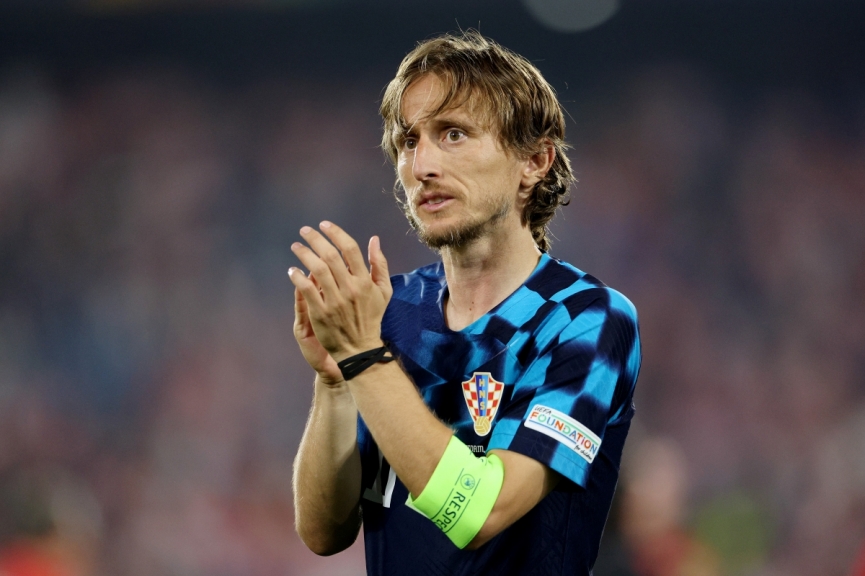
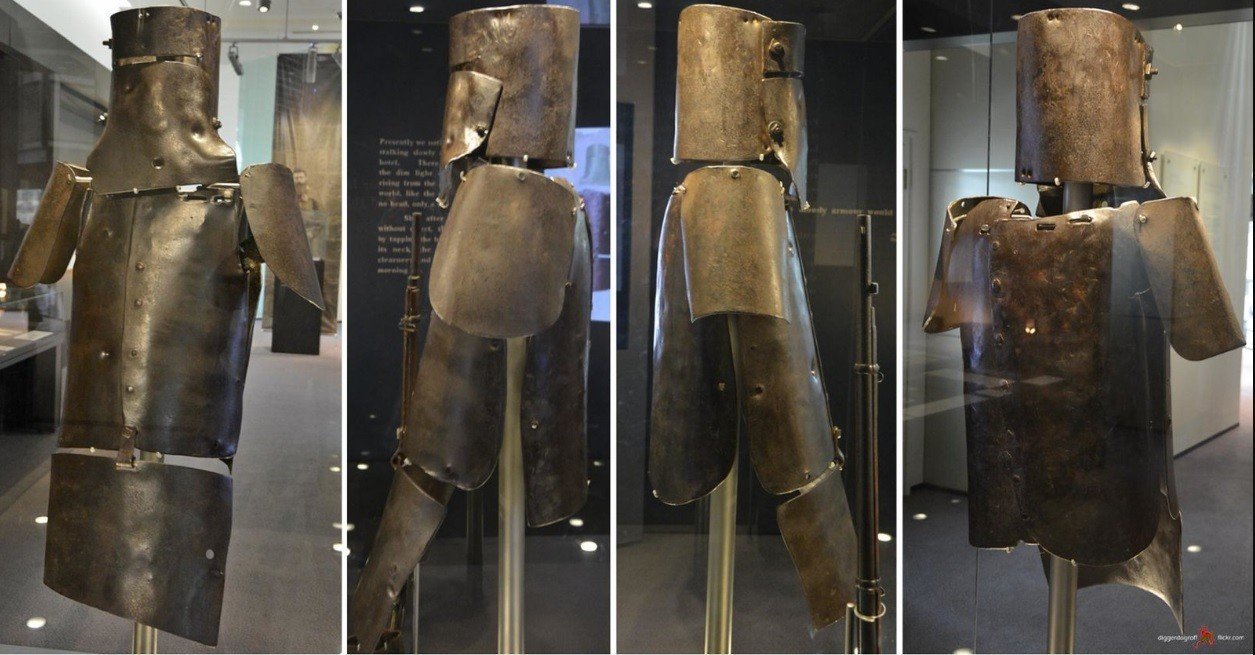
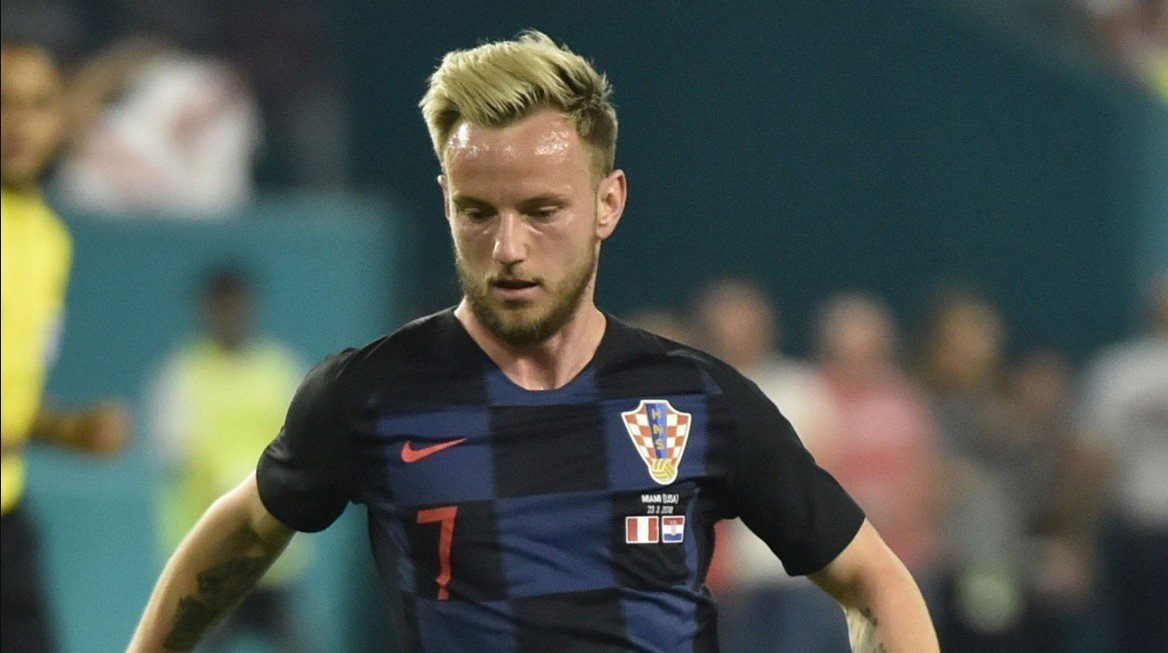
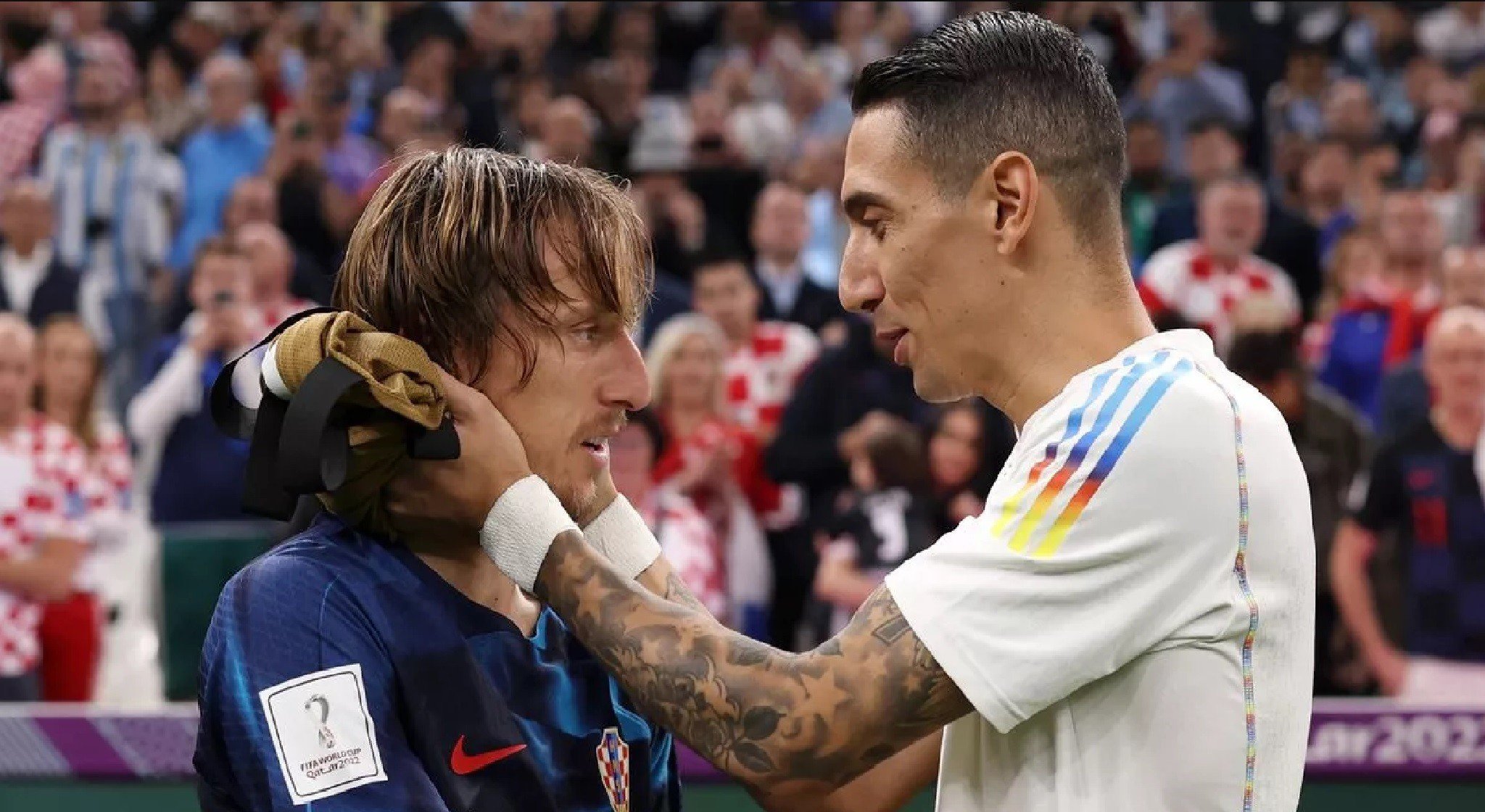
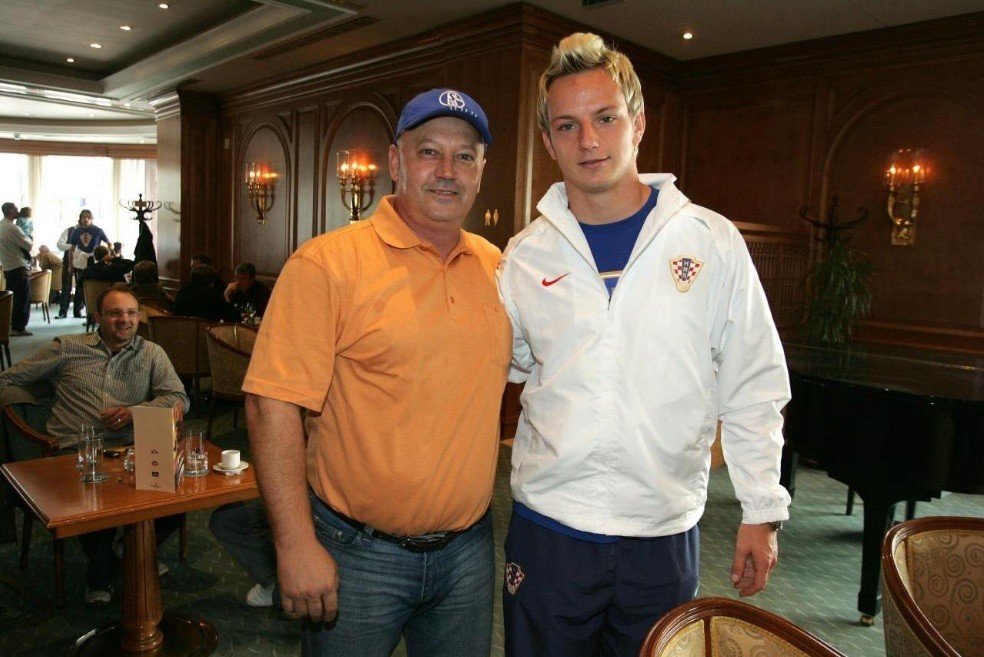


![[Photo] Closing of the 11th Conference of the 13th Central Committee of the Communist Party of Vietnam](https://vstatic.vietnam.vn/vietnam/resource/IMAGE/2025/4/12/114b57fe6e9b4814a5ddfacf6dfe5b7f)


![[Photo] Overcoming all difficulties, speeding up construction progress of Hoa Binh Hydropower Plant Expansion Project](https://vstatic.vietnam.vn/vietnam/resource/IMAGE/2025/4/12/bff04b551e98484c84d74c8faa3526e0)



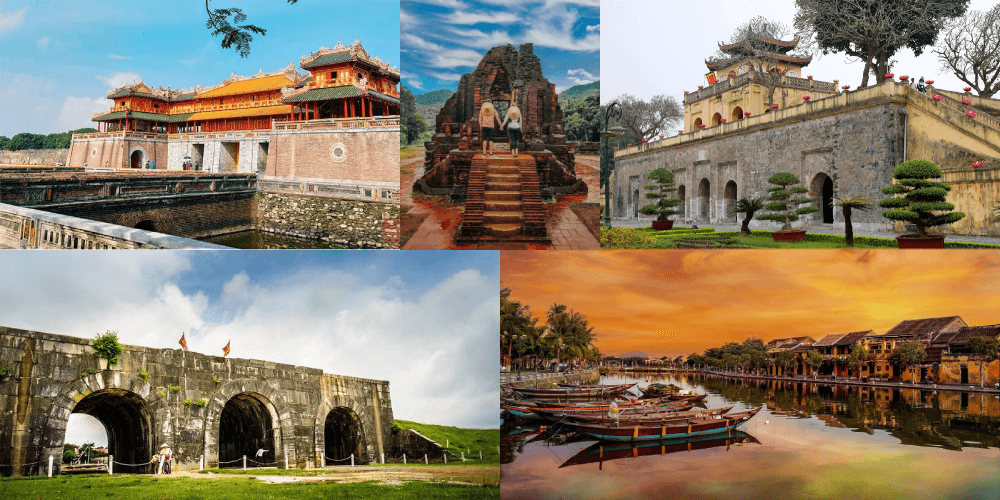



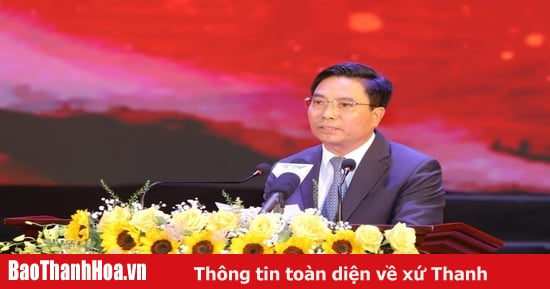
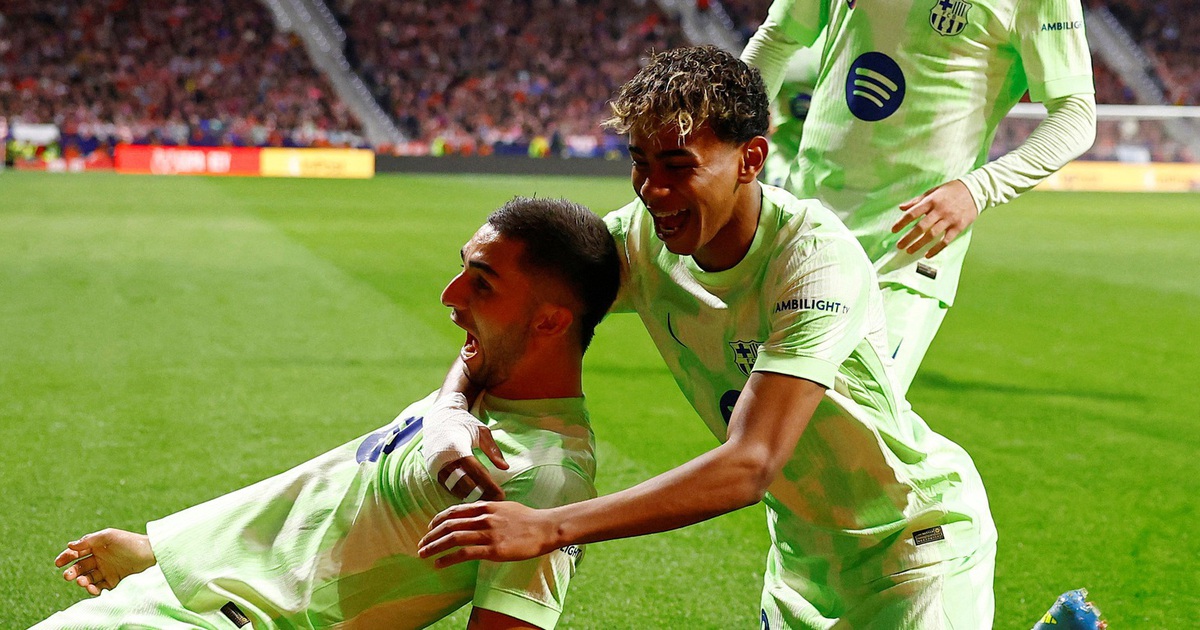

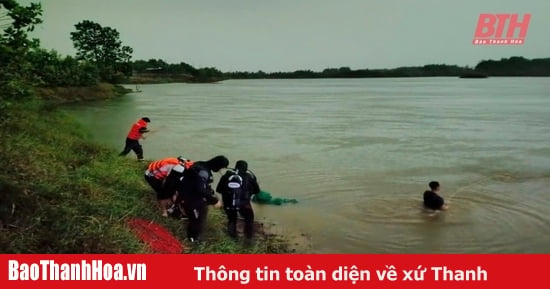
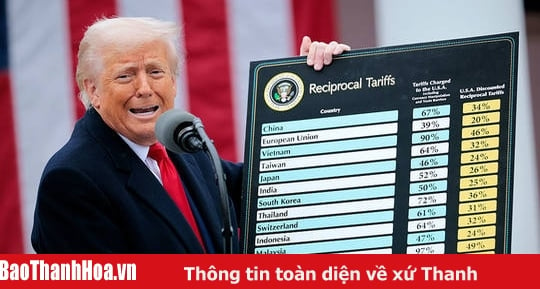








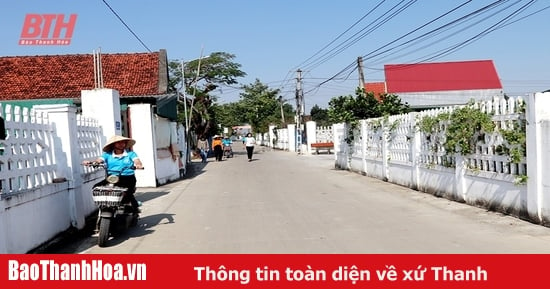



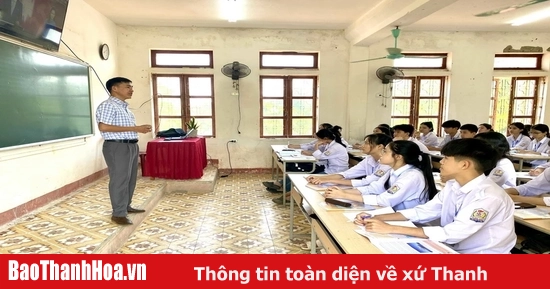
















































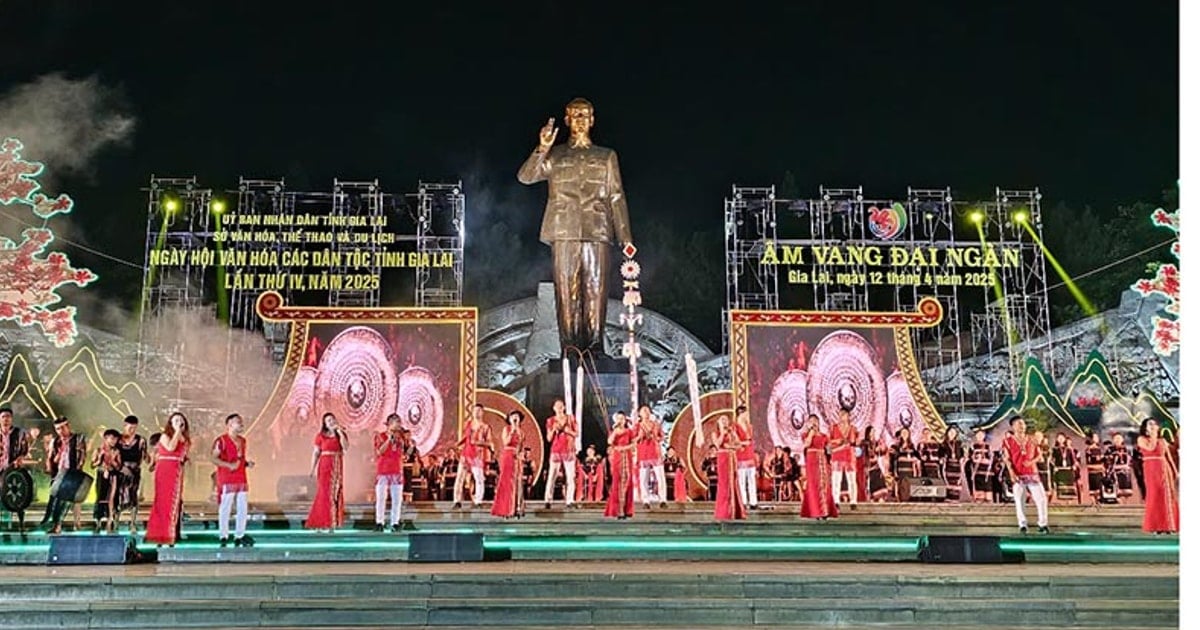












Comment (0)